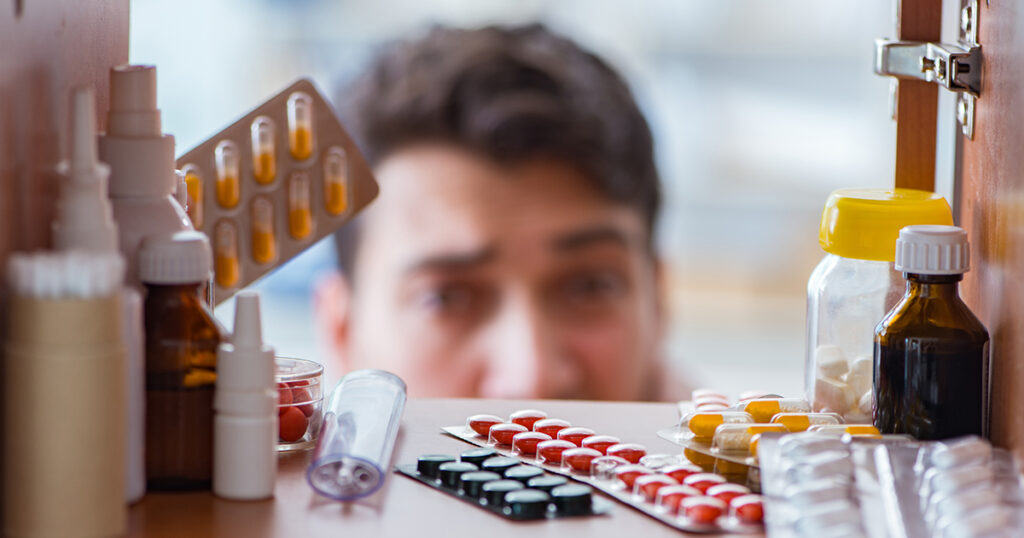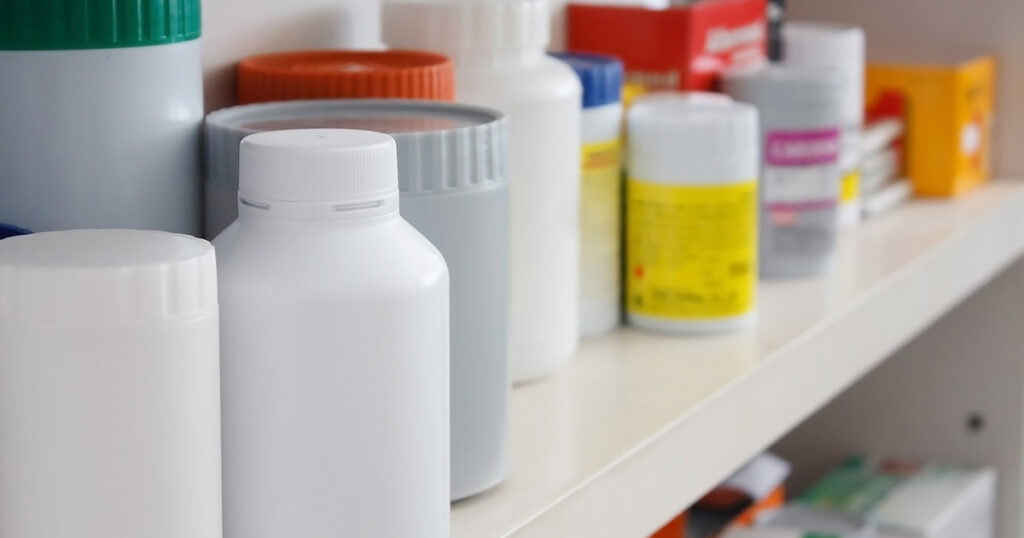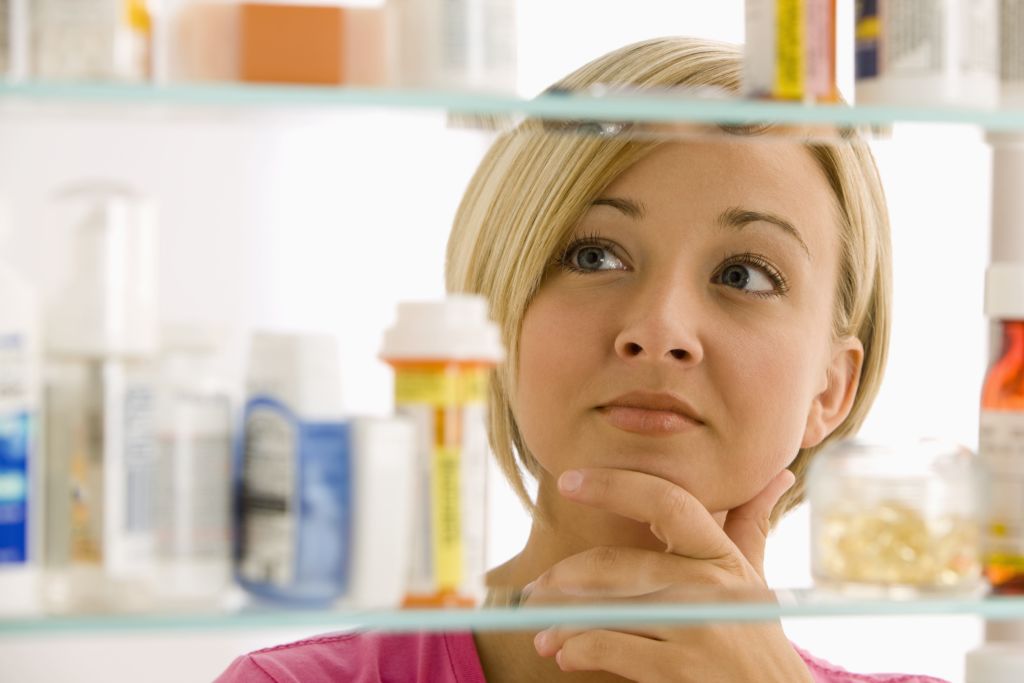Does your spring cleaning include cleaning out your medicine cabinet? If not, you could be putting yourself and your family at risk. Unused medicines left in a medicine cabinet can lead to misuse and abuse, yet more than half of all Canadian families do not regularly check the expiry dates of their medications. Medications that have passed their expiry dates can be ineffective or even toxic.
Getting Started
Cleaning out your medicine cabinet on a regular basis is important, but it is just as important to do it properly. According to Statistics Canada, 40% of Canadians do not dispose of their unused medications in a proper manner. This has led to traces of these products ending up in the water we drink and the soil our food is grown in and our children play in. You should not toss your unused medicines in the trash, pour them down the sink, or flush them down the toilet. So what should you do? Bring your unused medicines—prescription medications, over-the-counter drugs, supplements, and natural health products—to your pharmacy for proper disposal. At London Drugs we safely incinerate all returned medications to prevent them from contaminating the environment.
Here are some guidelines on how to return your medicines to us:
• If you can recycle the containers and lids for your solid dosage forms (tablets, capsules, lozenges, etc.), you can put all of the medicines in one sealed plastic bag and bring that to your London Drugs pharmacy. Remember to remove your personal information from the containers by removing the labels or blackening out the details before you recycle them.
• Keep liquid medications in their original bottles, but remove your personal information before bringing the medicine to the pharmacy for disposal.
• Tubes of creams and ointments, as well as inhaler cartridges, can be returned in their original containers with the personal information removed. You can also return needles, syringes, and lancets as long as they are in a sealed medically-approved sharps disposal container. These containers are available for purchase at the pharmacy, or are provided free with the purchase of 100 BD needles or syringes. More information on our returns policy is available here.
Medication Storage
Before returning your medicines to your medicine cabinet, review the storage instructions. A bathroom medicine cabinet is not appropriate for all products—some drugs need to be refrigerated, some are sensitive to moisture, and others should be kept in a cool, dark place. A kitchen or bedroom drawer may be more appropriate. Medicines that are not stored properly can become ineffective. Your pharmacist can advise you about special storage requirements for any medication, if it is not listed on the packaging.
Keep all of your medications in their original packaging. Don’t mix different medications together in a single container or store them in unlabeled containers. If you have children, make sure that all medicines are kept where they cannot access them. Ask your London Drugs pharmacist to dispense your prescriptions in childproof containers. If you are not physically able to open childproof containers, the pharmacy can provide easy open lids, but be extra careful to store these containers out of sight and reach of children.
If you have any questions about the proper storage or disposal of your medications, your London Drugs pharmacists will be happy to advise you.




